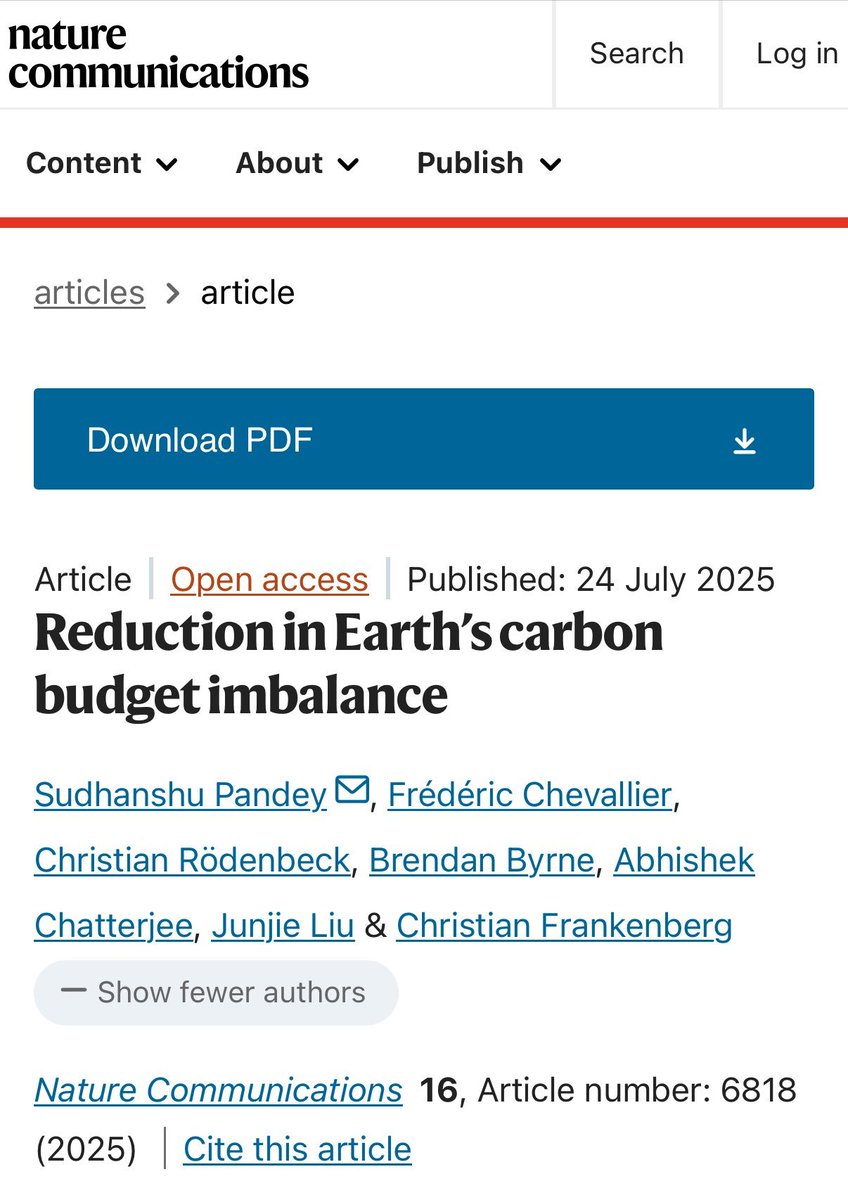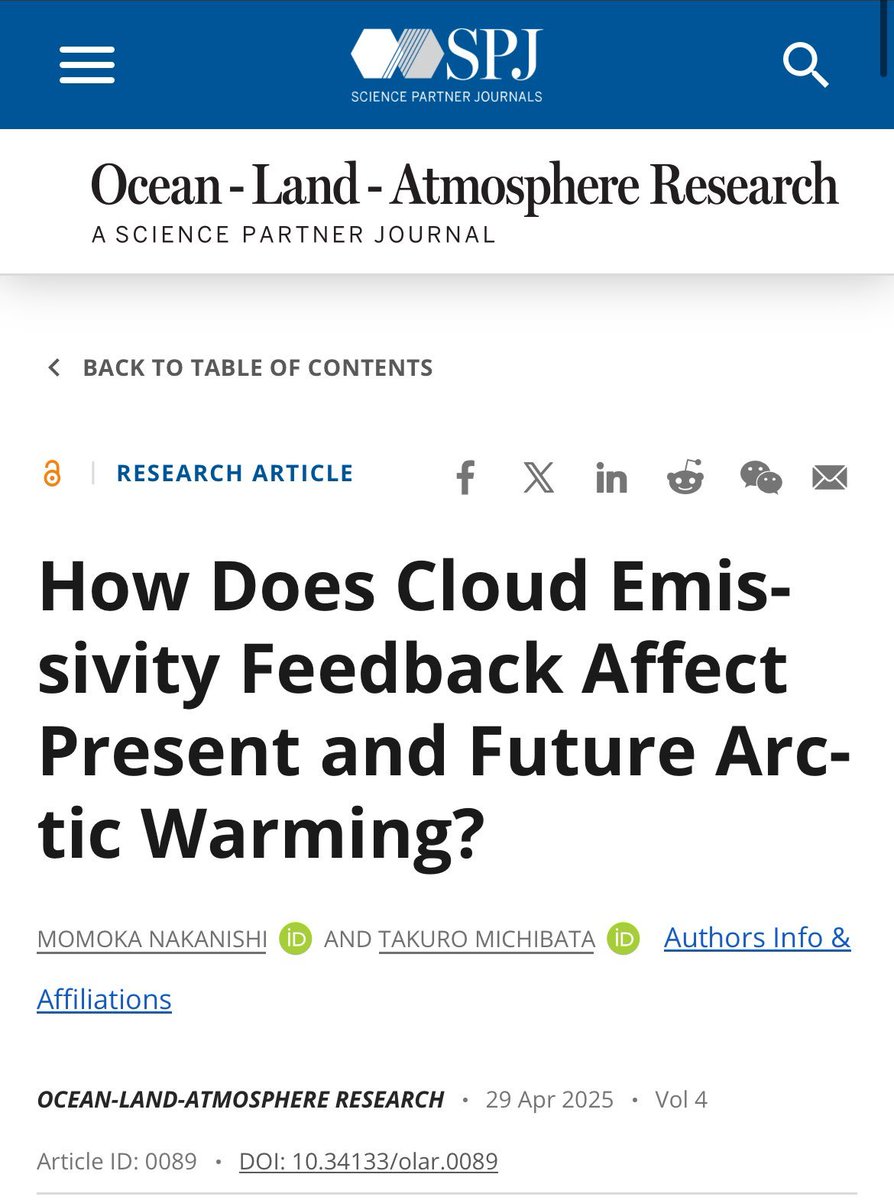INTERESTING👉🏽: Due to the way the international community's agreement to tackle aviation emissions is structured, the Coronavirus pandemic *could* potentially have lasting repercussions for reduced sectoral emissions...
Quick Thread...
Quick Thread...
Context:
✈️Global air traffic has dipped about 20% since the same time last year.
✈️It was expected to be around 5% (give or take) higher than the year previous... so a 20% drop is HUGE.
✈️Hard to say how much this drop (which started in January) will reduce 2020 emissions...
✈️Global air traffic has dipped about 20% since the same time last year.
✈️It was expected to be around 5% (give or take) higher than the year previous... so a 20% drop is HUGE.
✈️Hard to say how much this drop (which started in January) will reduce 2020 emissions...

More Context:
✈️ Globally, aviation accounts for about 2.5% of GHG emissions.
✈️ INTERNATIONAL AVIATION accounts for about 65% of total emissions. Since Int'l aviation is NOT included in National Climate plans, the world came up with... CORSIA.
✈️ Globally, aviation accounts for about 2.5% of GHG emissions.
✈️ INTERNATIONAL AVIATION accounts for about 65% of total emissions. Since Int'l aviation is NOT included in National Climate plans, the world came up with... CORSIA.

This agreement is actually quite complex, but the most important thing to note is that it aims to CAP the sub-sector's emissions at 2020 levels. It promises NOT to emit any more CO2 than the sector emitted in 2020, mainly by charging a fee on flights which would support OFFSETS. 

SO, right off the bat, you can see why a massive decline in air traffic in 2020 would be problematic from an industry's point of view - it means that the baseline drops. If flight demand returns to normal, or if the growth rate returns, in a few months, say, the offset gap is ⬆️.
Those who planned the terms of the agreement were clever though... and the baseline is actually defined as an average of international emissions from 2020 AND 2019. So it remains to be seen just how much COVID-19 reduces emissions over this 24 month period... 

Nevertheless, aviation demand has doubled over the last two decades and before this pandemic demand was expected to double again over the next 2 decades...
Just look at the yearly growth since 2016, followed by the current drop (dark blue):
Just look at the yearly growth since 2016, followed by the current drop (dark blue):

There are all sorts of loop-holes in CORSIA, the most obvious being the conceptual problem with Offsets in the first place, another being its 'Route-based approach'... 

Nevertheless, a lower baseline for the entire agreement ultimately means - at least in theory - less emissions from the aviation sector... not just in 2020, but forever HENCEFORTH...
• • •
Missing some Tweet in this thread? You can try to
force a refresh

























